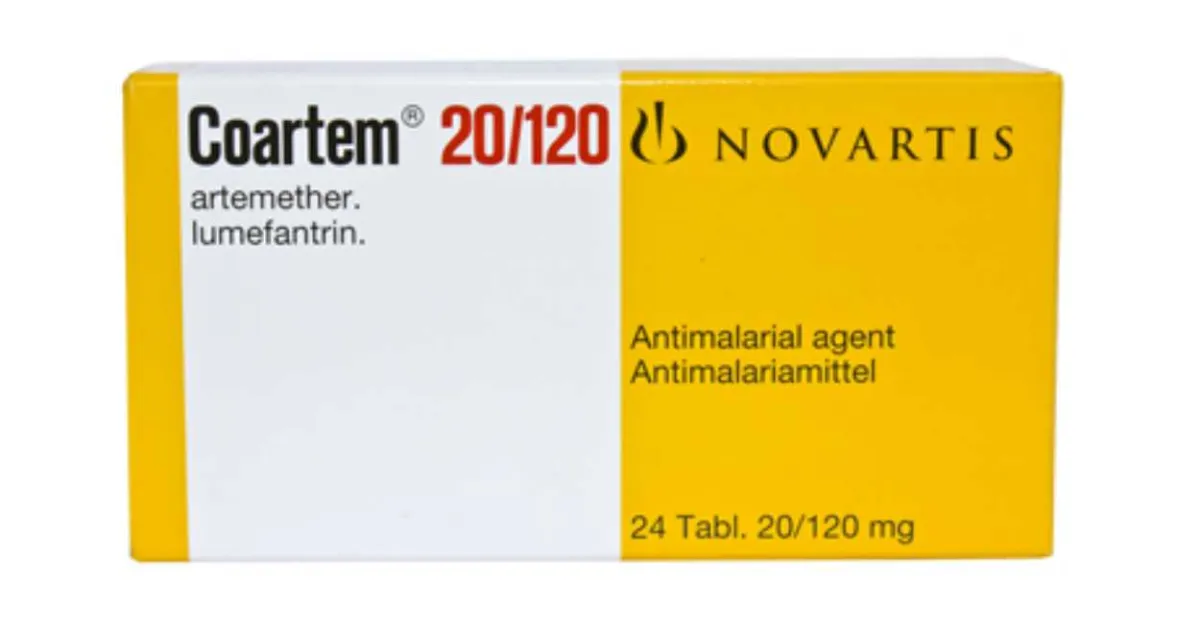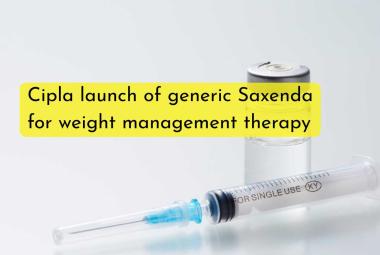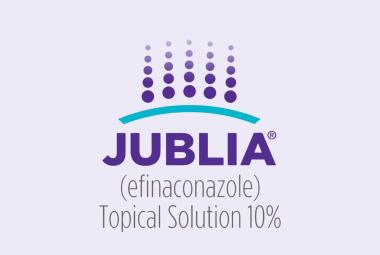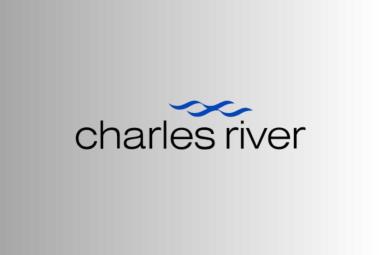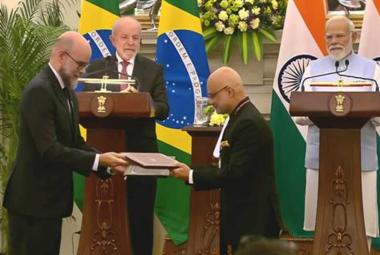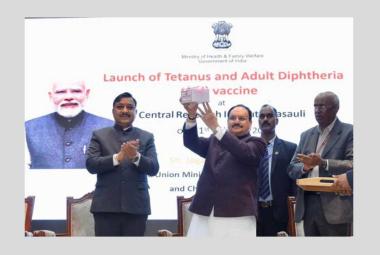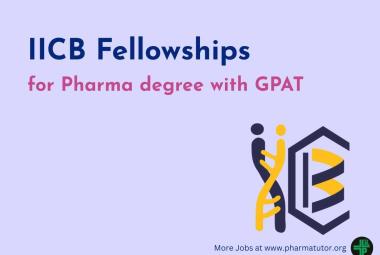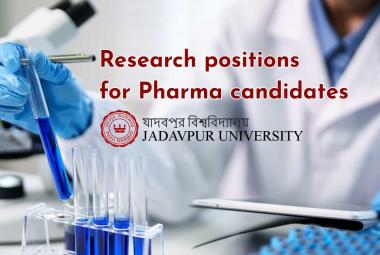In a major breakthrough for global child health, Novartis has received approval from Swissmedic for Coartem® Baby (artemether-lumefantrine), the world’s first malaria treatment specifically developed for newborns and young infants. This marks a crucial step in closing a long-standing treatment gap for some of the most vulnerable patients—infants weighing less than 4.5 kilograms—for whom no approved antimalarial drug previously existed.
The infant-friendly formulation, also known in some countries as Riamet® Baby, was developed in collaboration with the Medicines for Malaria Venture (MMV). Designed to treat acute, uncomplicated malaria caused by Plasmodium falciparum or mixed infections including P. falciparum, the new version of Coartem is optimized for babies between 2 kg and less than 5 kg. The treatment is easily dissolvable, including in breast milk, and features a sweet cherry flavor to aid administration.
Eight African countries participated in the regulatory assessment process alongside Swissmedic and are now expected to rapidly approve the medicine under a special Marketing Authorization for Global Health Products framework. Novartis intends to distribute Coartem Baby on a largely not-for-profit basis, aiming to increase access across malaria-endemic regions.
“For more than three decades, we have stayed the course in the fight against malaria, working relentlessly to deliver scientific breakthroughs where they are needed most,” said Vas Narasimhan, CEO of Novartis. “Together with our partners, we are proud to have gone further to develop the first clinically proven malaria treatment for newborns and young babies, ensuring even the smallest and most vulnerable can finally receive the care they deserve.”
The approval is based on results from the CALINA Phase II/III clinical trial, which investigated a newly adapted dosage and formulation of artemether-lumefantrine that considers the unique metabolic needs of infants under 5 kilograms. Experts have long warned that neonates and very young infants process medications differently due to immature liver function, and using formulations meant for older children can pose significant risks of toxicity or improper dosing.
“Malaria treatments until now have been tested only in children aged six months and above, meaning the youngest babies were left behind,” said Professor Umberto D'Alessandro, Director of the MRC Unit in The Gambia at the London School of Hygiene and Tropical Medicine. “This approval finally gives clinicians a safe, proven option for treating malaria in neonates and small infants.”
Each year, around 30 million babies are born in malaria-risk areas in Africa, with studies showing infection rates in infants under six months ranging between 3.4% and 18.4% in some regions. Despite the burden, reliable data on malaria in this age group remains scarce, as these patients are typically excluded from clinical research.
The development of Coartem Baby was supported by MMV and funded through the PAMAfrica consortium, co-financed by the European & Developing Countries Clinical Trials Partnership (EDCTP) and the Swedish International Development Cooperation Agency (Sida).
“Malaria is one of the world’s deadliest diseases, particularly among children,” said Martin Fitchet, CEO of MMV. “The approval of Coartem Baby provides a necessary medicine with an optimized dose to treat an otherwise neglected group of patients and offers a valuable addition to the antimalarial toolbox.”
With this approval, Novartis continues its long-standing commitment to combating malaria, contributing to global efforts to eliminate the disease and reduce child mortality in regions that need it most.


